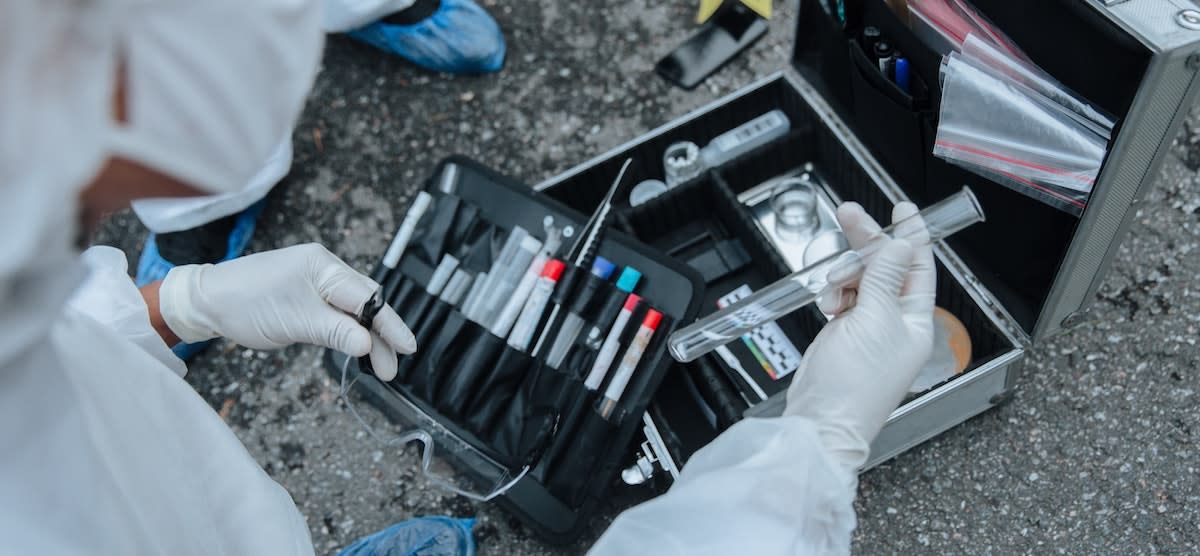Criminology Careers: How to Become a Criminologist
Written by MasterClass
Last updated: Jan 19, 2023 • 3 min read
From law enforcement agents to social workers, there are a multitude of career options within the field of criminology. Read on to see which job opportunities might excite you and what prerequisites and prior experiences they entail.
Learn From the Best
What Is Criminology?
Criminology is the study of crime and criminals through the lens of modern society and philosophy. This broad field of study encompasses several different aspects of crime prevention and public safety, ranging from on-the-street law enforcement to victim advocates.
A criminologist usually will conduct research on criminal behavior to understand better the reasons a crime was committed so they can prevent more crimes from occurring. Others, such as forensic scientists, use advanced technology to study crime scenes and put together reliable evidence for law enforcement agencies.
Why Pursue a Career in Criminology?
Careers in criminology are usually reliable and fulfilling and have a high average salary. Many career options in criminology are government jobs with generous benefits packages, including health care benefits and pensions. Positions in the private sector, such as private investigators, can yield lucrative results as well.
The field of criminology attracts people who want to have a positive impact on public safety and the rehabilitation of incarcerated persons back into society. Parole officers work directly with people after their release from prison to help with resources for employment, housing, and drug treatment plans.
Criminology Careers: Roles and Requirements
Many law enforcement job titles do not require any sort of degree. Police officers and border patrol agents need only a high school diploma or GED. These criminology jobs are usually attainable with training and hard work. Correctional officers will sometimes hold a criminology degree depending on the requirements of the individual prison. More advanced career options, such as forensic psychologists, require a bachelor's degree in criminology or another related field, such as psychology or sociology.
Criminal profiler jobs require detailed knowledge of criminal behaviors and keen critical thinking skills that most criminology degrees emphasize. Some criminology jobs also require a doctoral level of education. If you want to practice criminal law, for example, you need to graduate from law school and pass the bar exam in whatever state you wished to practice. Paralegals and legal assistants usually hold a bachelor’s degree but do not need a law school education and don’t have to pass the bar exam.
Individuals with master’s degrees could return to academia and teach undergraduate criminology major classes. At the highest level, intelligence analysts for government agencies, such as the Department of Homeland Security and the FBI, are usually criminology graduates.
How to Begin a Career in Criminology
Think through which career paths interest you in the field of criminology. Consider your strengths and weaknesses. Ask yourself if you could handle being a law enforcement officer or if your talents are better suited to being a social worker, probation officer, or analyst. If you want to make a positive impact on the criminal justice system in the courtroom, then you’ll want to start studying for the LSAT exam so you can pursue a law degree.
If you currently hold a law enforcement job and want to move into a higher position, pursue internships in your desired field on the side or part time. If the highly analytic world of forensic science is what you want, a degree will give you the necessary tools to make that happen. While it is possible to make a decent living without a bachelor’s degree, having a criminology degree will go a long way in ensuring you get the job you want and are able to make the impact you desire.
Discover What Makes People Tick
Getting to the core of human behavior takes knowledge and skills—just ask former FBI criminal profiler John Douglas. Learn how to spot a liar and uncover John’s tips for identifying other deceptive behaviors when you sign up for the MasterClass Annual Membership.
